Truthdigger of the Week: Jack Goldsmith
Truthdig tips its hat this week to Jack Goldsmith, who speaks out about his experiences during his nine-month tenure as head of the Office of Legal Counsel during a crucial phase of the Bush presidency in 2003-4 in his troubling and illuminating new book, "The Terror Presidency: Law and Judgment Inside the Bush Administration."
Truthdig tips its hat this week to Jack Goldsmith, who speaks out about his experiences during his nine-month tenure as head of the Office of Legal Counsel during a crucial phase of the Bush presidency in 2003-4 in his troubling and illuminating new book, “The Terror Presidency: Law and Judgment Inside the Bush Administration.” Although Goldsmith, a conservative who still agrees with some of the Bush administration’s policies concerning Iraq and the war on terror, couldn’t singlehandedly stop the president and his close allies in the White House in their determination to “go it alone, in secret” and to dangerously expand their executive powers beyond healthy (and soundly legal) proportions, Goldsmith was able to contest some of their most controversial counterterrorism policies — including the notorious “torture memos” — before he resigned.
In fact, he used the circumstances surrounding his 2004 resignation as a means of checking the administration’s impetus to “push the law as far as it would allow.” Clearly, several key members of the current government could benefit from the kind of attuned self-awareness (and, when warranted, self-criticism) Goldsmith exercised with regard to his role and the consequences of his decisions on the nation and on its allies and antagonists alike:
My actions in June 2004 contributed to a problem that has bedeviled the intelligence community since the 1960s. The executive branch and Congress pressure the community to engage in controversial action at the edges of the law, and then fail to protect it from incriminations when things go awry. This leads the community to retrench and become risk averse, which invites complaints by politicians that the community is fecklessly timid. … These cycles of timidity and aggression are the bane of the intelligence community, and are a terrible problem for our national security. They flow from the confluence of three related Washington pathologies: the criminalization of warfare, the blame game, and the cover-your-ass syndrome. Everyone agrees that risks must be taken to confront the terrorist threats. But no one wants to be blamed when the inevitable errors occur. Everyone wants cover. The President wants plausible deniability, or blames bad intelligence. Congressional intelligence committees demand to be informed, but not in a way that will prevent them from being critical when things go badly. Intelligence agencies want explicit instructions from the White House and Congress, which are rarely forthcoming. The agencies thus increasingly demand cover from their lawyers. Their lawyers, in turn, increasingly seek cover from OLC. And, as my actions demonstrate, OLC opinions are not always reliable.
Read more about Goldsmith and his time as assistant attorney general at the Office of Legal Counsel here.
Your support matters…Independent journalism is under threat and overshadowed by heavily funded mainstream media.
You can help level the playing field. Become a member.
Your tax-deductible contribution keeps us digging beneath the headlines to give you thought-provoking, investigative reporting and analysis that unearths what's really happening- without compromise.
Give today to support our courageous, independent journalists.
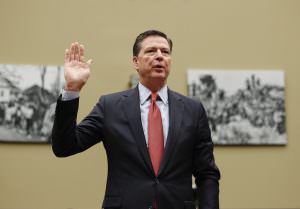

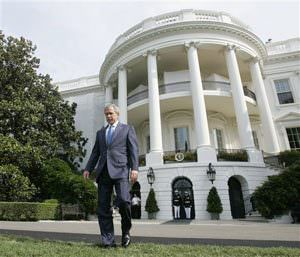
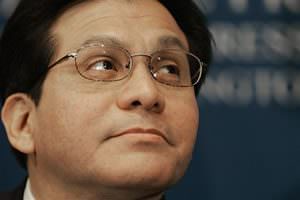
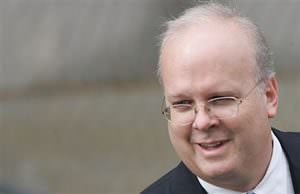
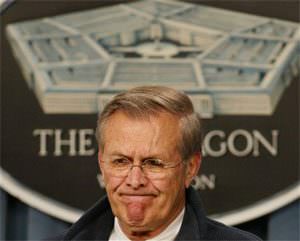
You need to be a supporter to comment.
There are currently no responses to this article.
Be the first to respond.